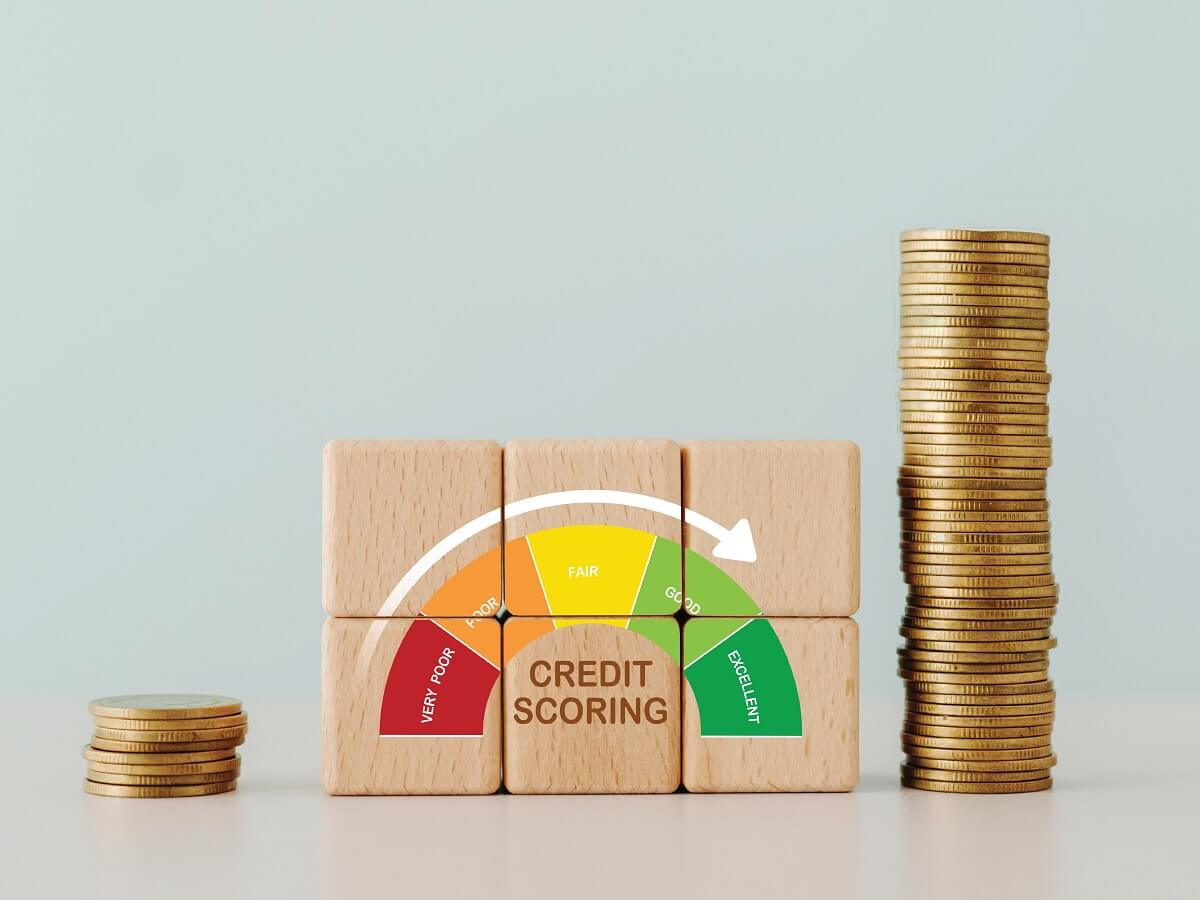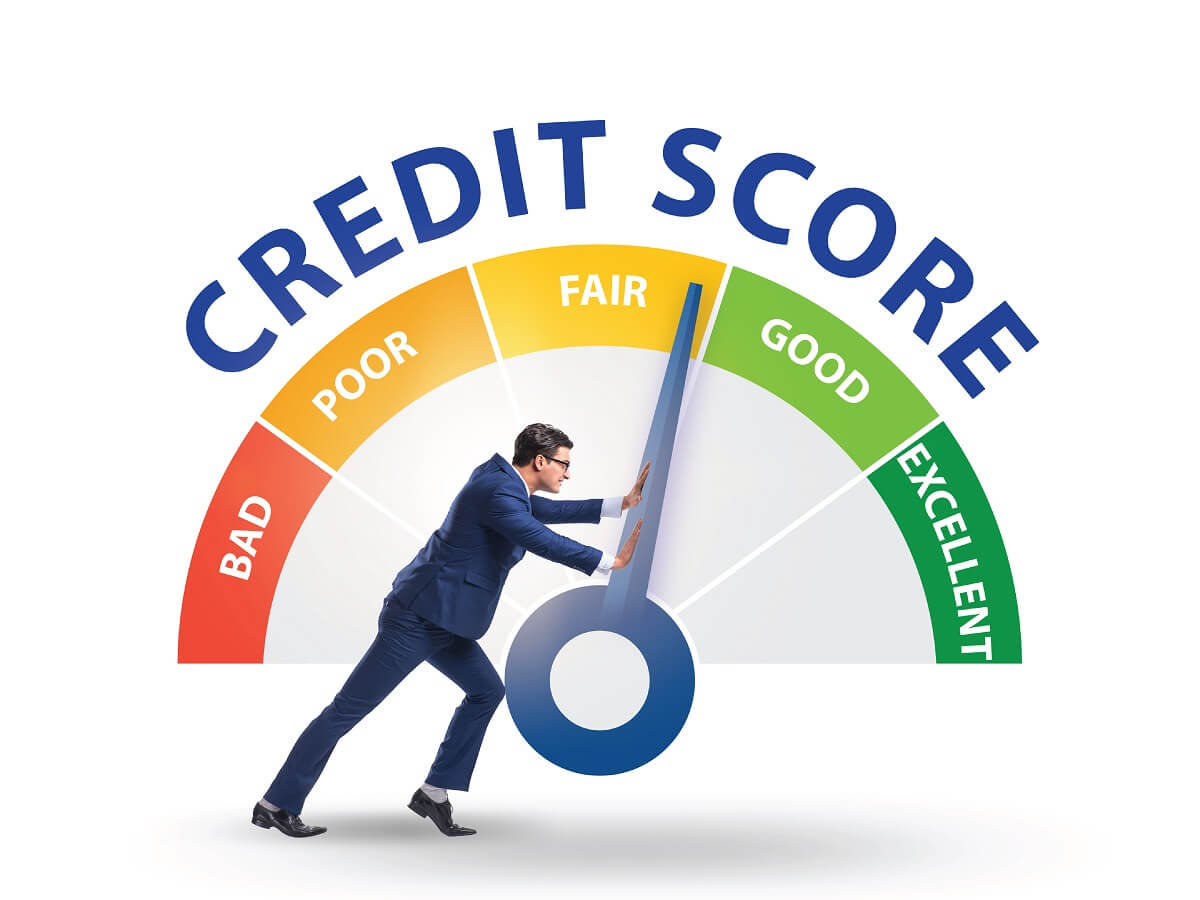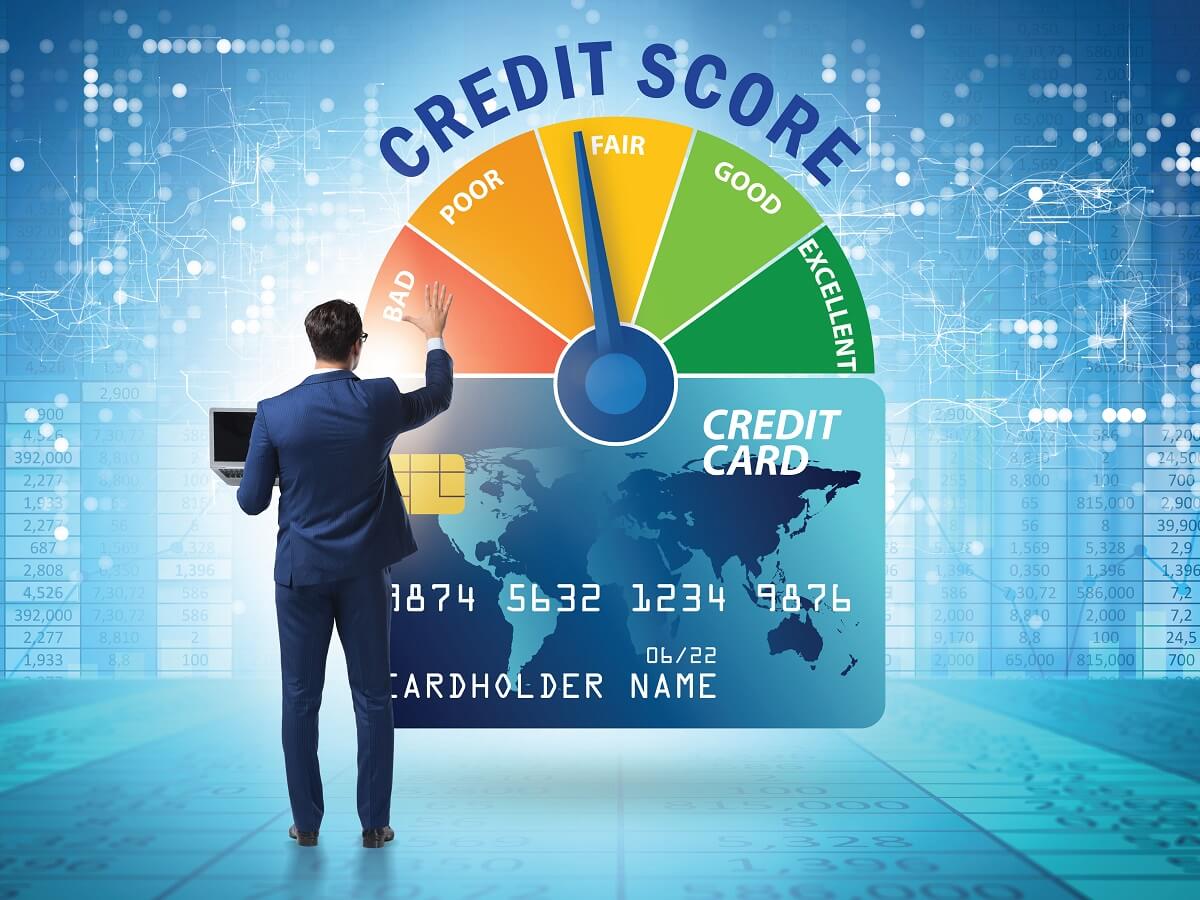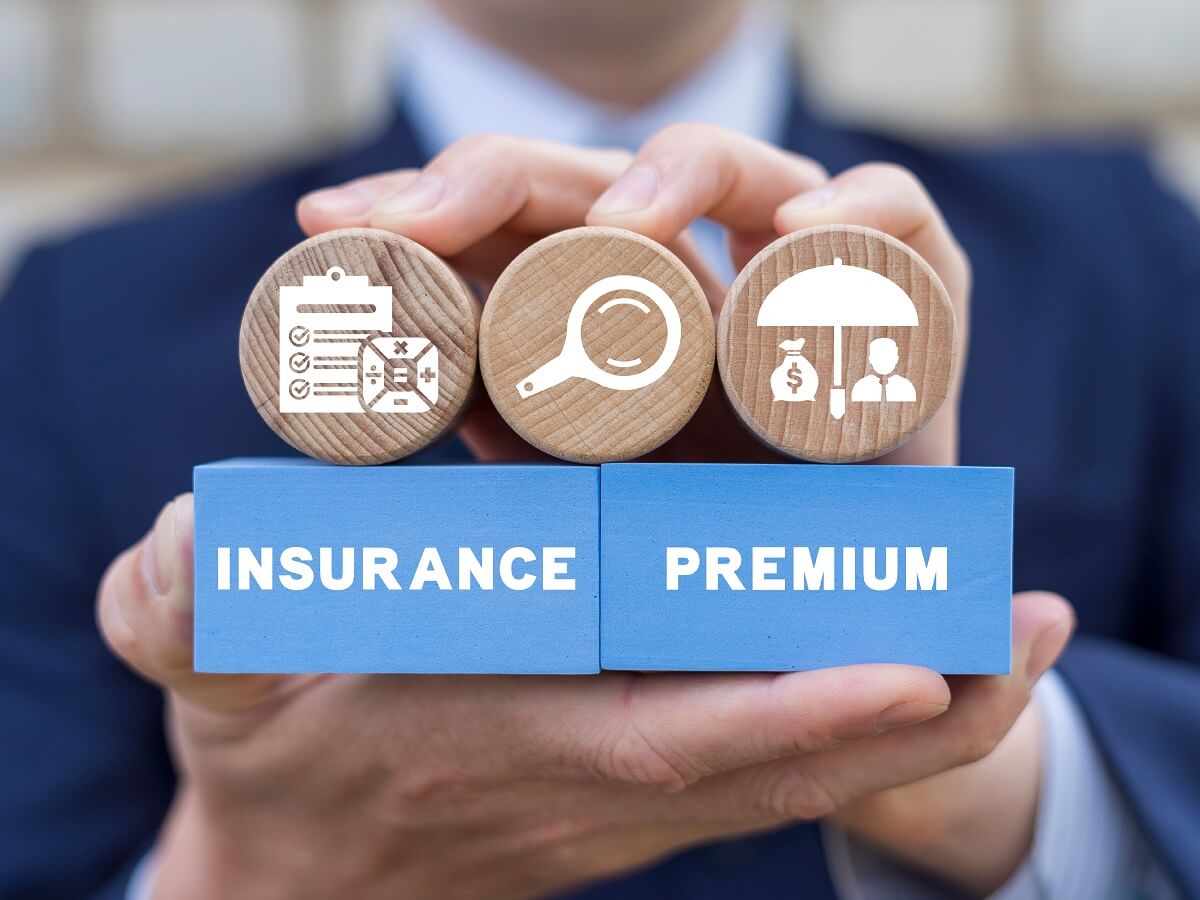Introduction
Are you planning to apply for a loan or a credit card? If so, then one of the key factors that lenders consider before approving your application is your credit score. Your credit score is like a financial report card that showcases your creditworthiness and helps lenders assess the risk associated with lending you money.
In India, Credit Information Bureau (India) Limited (CIBIL) is one of the leading credit bureaus that provides credit scores. So, let's dive into how you can check your free credit score.
Steps on How to Check CIBIL Score
To find out your free credit score, you can utilise various online platforms or credit monitoring services that offer this service at no cost. Here are the detailed steps on how to check CIBIL score:
Step 1: Visit the official CIBIL website
To check your free credit score, visit the official website of CIBIL. Next, click on 'Member Login' and enter your login credentials to start your credit score check. If you aren't registered, you would need to do that first.
Step 2: Provide required information
Once you're on the designated page, provide the necessary information such as your name, email ID, password, and identification proof like PAN card or Aadhaar card.
Step 3: Accept the terms and continue
After entering the required information, click on 'Accept and continue' to proceed. You may be asked to verify your phone number through an OTP (One-Time Password) sent to your mobile number linked with Aadhaar.
Step 4: Check your free credit score
Once you've completed the verification process, you will be redirected to the website's dashboard and here you can check your free credit score report.
Why is checking your credit score important?
Checking your credit score regularly is essential for several reasons.
- It helps you understand where you stand financially and how likely you are to get approved for a loan or credit card. By knowing your credit score in advance, you can take steps to improve it if needed.
- A credit score check allows you to detect any errors or discrepancies in your credit report. If you find any mistakes, you can raise a free credit score dispute and get them rectified.
- Moreover, monitoring your credit score helps you keep track of the impact of your financial decisions on your creditworthiness.
How can you improve your credit score?
If your free credit score report says your score is not as high as you'd like, don't worry! There are several steps you can take to improve it:
- Pay your bills on time: Ensure that all of your loan EMIs and credit card bills are paid on or before the due date.
- Reduce credit utilisation: Aim to keep your credit utilisation ratio below 30%. This means using only up to 30% of the total credit limit available to you.
- Avoid multiple loan applications: Making multiple loan applications within a short period can negatively impact your credit score. Only apply for loans when absolutely necessary.
- Maintain a healthy credit mix: A healthy credit mix includes a combination of secured and unsecured loans such as home loans, car loans, personal loans, and credit cards.
- Regularly check your credit report: Review your credit report periodically to ensure that all the information is accurate and up to date.
Conclusion
A credit score check is an essential step in managing your personal finances effectively. It provides valuable insights into your creditworthiness and enables you to take corrective actions if needed. By knowing how to check cibil score, you can make informed decisions when it comes to applying for loans and credit cards.If you're looking for financial solutions tailored to your needs, Mahindra Finance offers a range of products and services that can help you achieve your goals. Visit their website today to explore how they can assist you in fulfilling your financial aspirations.
FAQs
1) How often should I conduct a credit score check?
It's advisable to conduct a credit score check at least once every six months or before applying for a major loan or credit card.
2) Can I improve my credit score if I have a history of late payments?
Yes, you can improve your credit score even if you have a history of late payments. Focus on making timely payments going forward, and gradually, your credit score will improve.
3) Can checking my own credit score negatively impact it?
No, checking your own credit score has no negative impact on it. In fact, regular monitoring helps you stay updated about your financial status.
4) Can I get my credit score checked for free by any other means?
Yes, apart from visiting the official websites of credit bureaus like CIBIL, Experian, CRIF High Mark, and Equifax, there are third-party financial websites and apps that provide free access to your credit score.






















































